Games like Phantasy Star Universe
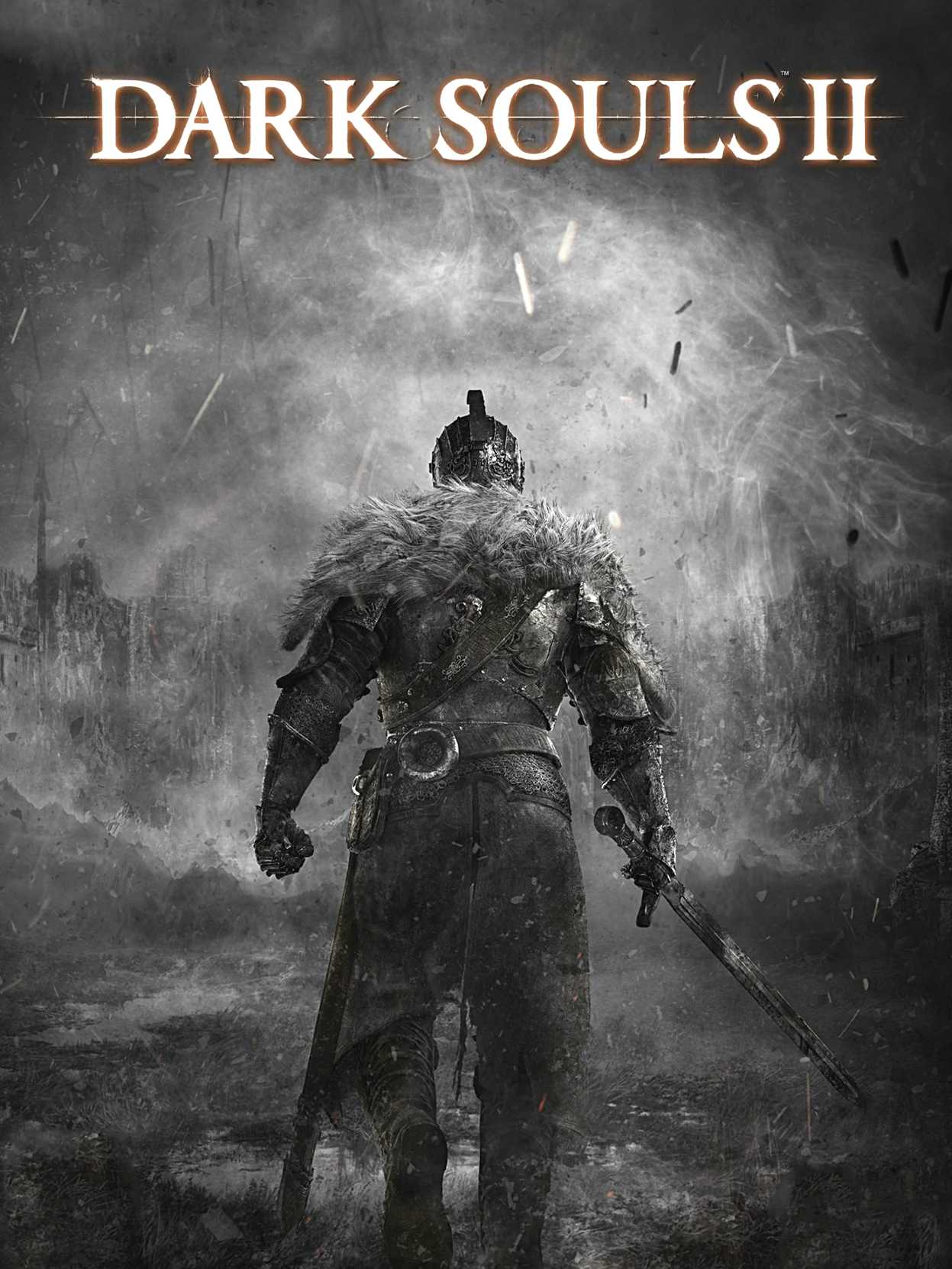
Dark Souls II
Dark Souls II is an action role-playing game developed by FromSoftware and published by Bandai Namco Entertainment, released in March 2014. Set in the kingdom of Drangleic, players control the Bearer of the Curse, seeking to cure their undead curse. The game features challenging combat, deep lore, and a dark, atmospheric world. It introduces new mechanics like dual-wielding and a flexible character progression system, with improved multiplayer options for cooperative and PvP play. The online servers were shut down on March 31st, 2024.
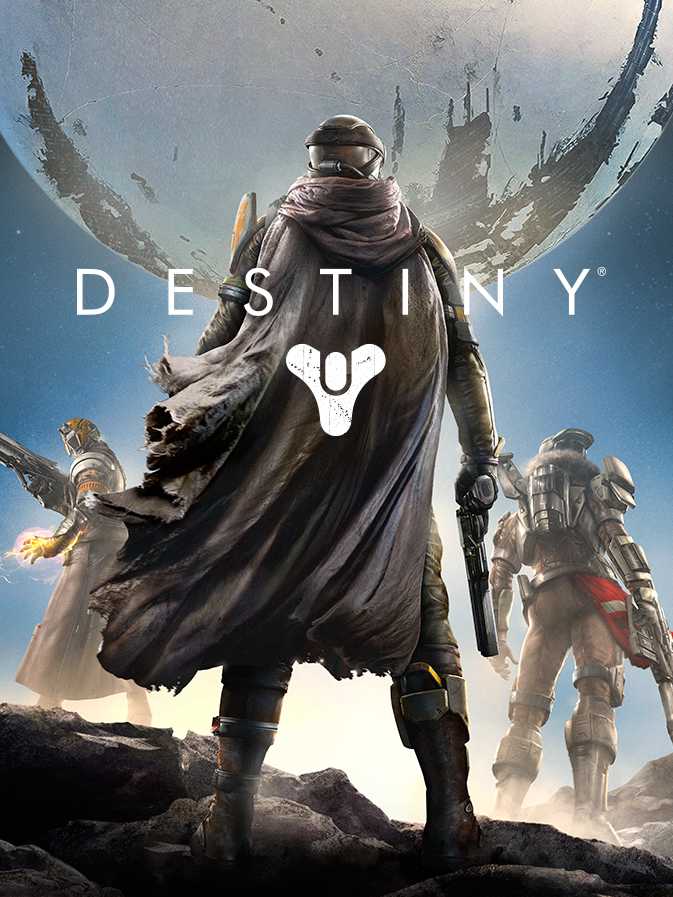
Destiny
Bungie has emphasized that the universe of Destiny will be "alive". Events may happen in-game that are not necessarily controlled or planned by the developer, which will help to create a dynamic developing experience for Bungie and a dynamic playing experience for gamers. The game's style has been described a first-person shooter that will incorporate massively multiplayer online game (MMO) elements, but Bungie has avoided defining Destiny as a traditional MMO game. Instead, the game has been referred to as a "shared-world shooter," as it lacks many of the characteristics of a traditional MMO game. For instance, rather than players being able to see and interact with all other players in the game or on a particular server—as is the case in many conventional MMO games—Destiny will include on-the-fly matchmaking that will allow players to see and interact only with other players with whom they are "matched" by the game. Destiny will incorporate a new game engine that allows global illuminations and real-time dynamic lighting to occur together. An innovation in Bungie's "hopper" technology, which has been the backbone for Halo's matchmaking system, will allow better player matchmaking in order to create a more natural experience in either cooperative or competitive multiplayer modes.
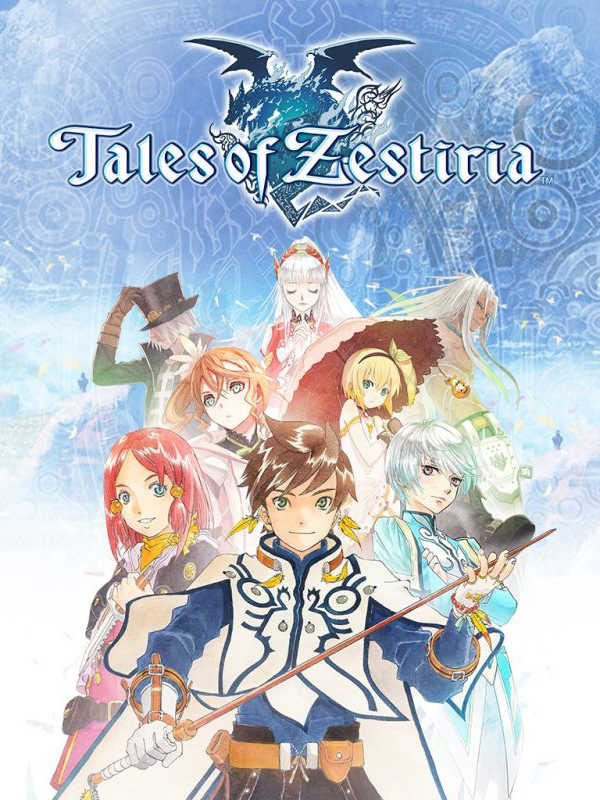
Tales of Zestiria
Tales of Zestiria is a Japanese role-playing game. It is the fifteenth main entry in the Tales series. As with previous entries in the Tales series, the game uses a variation of the action-based Linear Motion Battle System, with additional elements including a navigable open world, and the ability for certain characters to fuse into a single entity in battle to deliver powerful attacks. The story follows Sorey, a young man blessed with powers by a mystical spirit race known as the Seraphim who act as a stabilizing force in the land, as he travels to free the land of Glenwood from the threat of the Hellion, creatures spawned by negative emotions.
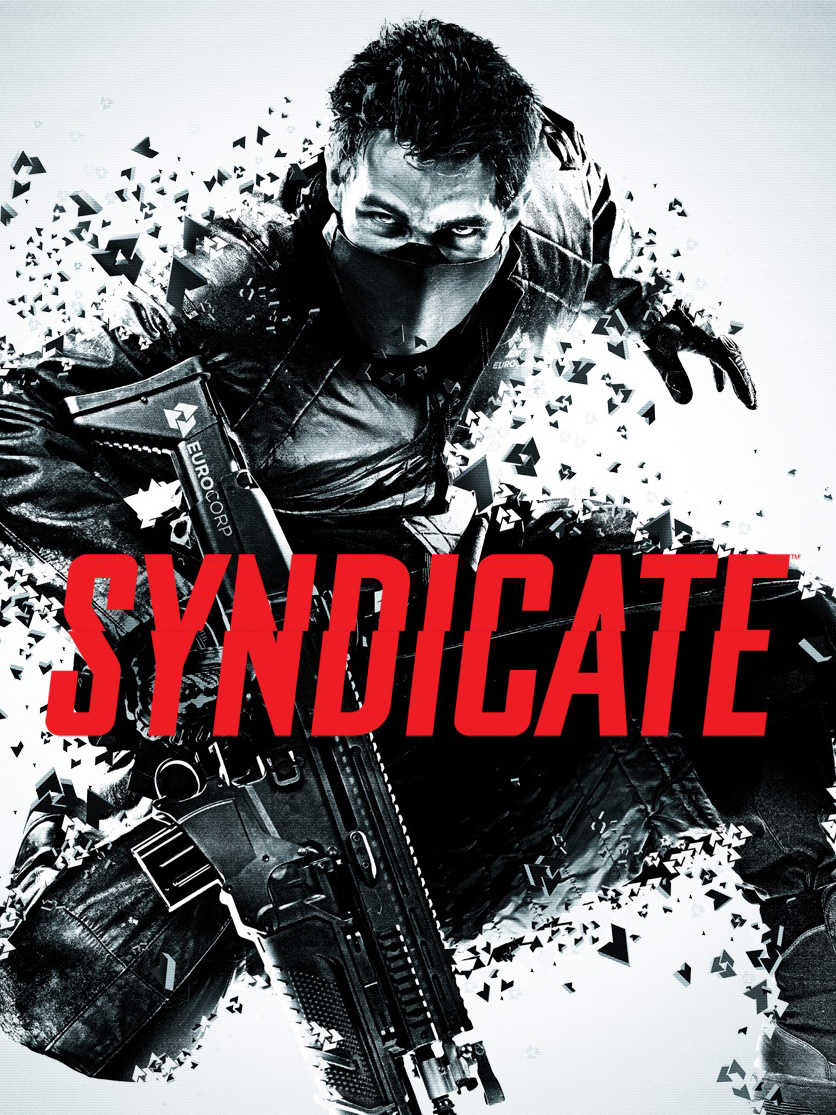
Syndicate
Set in 2069, Syndicate takes players into a dark, Machiavellian world run without government oversight with many syndicates vying for total dominance of their local market place. With no one to question their intentions or actions, three mega corporations - Eurocorp, Cayman Global, and Aspari - are at the forefront of this brutal war for control of the pivotal American market. In the world of Syndicate, everything is digitally connected, including the people. Players aren't limited to the weapons in their hands. Through DART 6 bio-chip technology implanted in their head, players can slow down time and breach the digital world around them to take down their foes using a variety of upgradable hacking mechanics. Syndicate's blend of fast-paced, futuristic, action shooter settings and story combined with innovative chip breach gameplay instantly immerses players in a unique digital world.
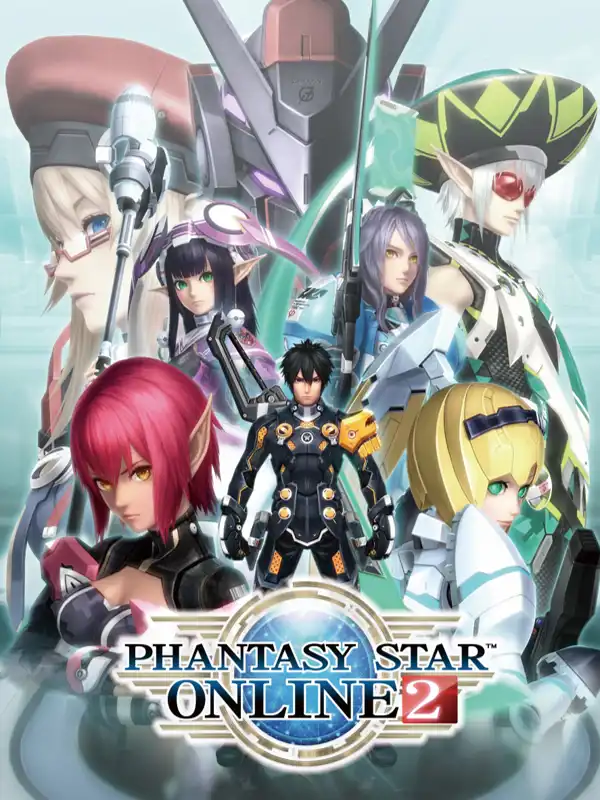
Phantasy Star Online 2
Embark on a never-ending assortment of missions with fellow operatives and experience unparalleled character customization and action RPG combat, completely free to play. Explore numerous worlds with a party of up to four friends or exclusive multiparty areas where up to twelve players can play simultaneously! Originally released in Japan and Asia in 2012 and 2014 respectively, The game makes its Global debut in 2020 with a North American launch on Xbox One and Windows 10 before eventually releasing on Steam and across 33 countries. The Global version features the latest balances and patches from the Japanese version while also slowly unlocking new content and features; starting out with the game's first three Episodes, Nine classes and several features introduced in latter major updates. Aside from that, the game supports cross-platform multiplayer and uses a Free-to-Play model with in-game purchases; players can experience a lot of what the game has to offer with no upfront fee.
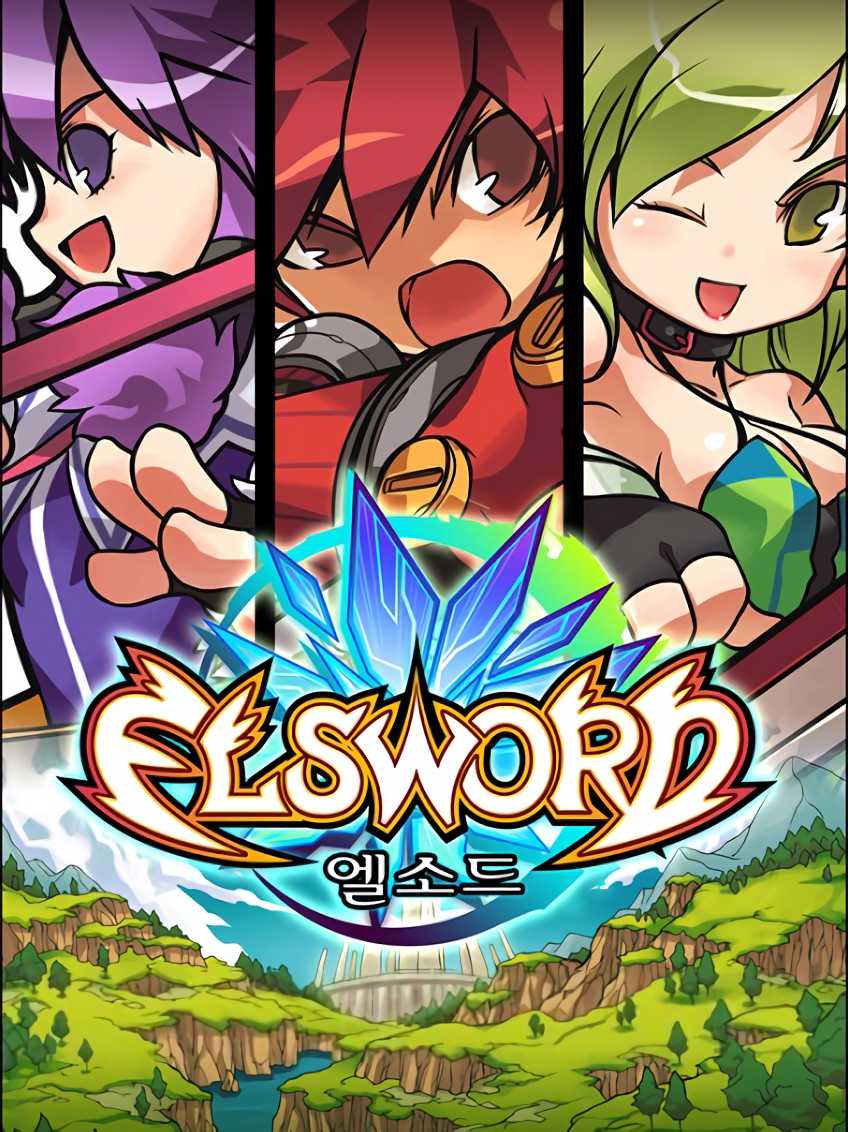
Elsword
Elsword is a Free to Play, 2.5D action MMORPG developed by the South Korean company KOG Studios. It features real-time action gameplay and includes both player vs. environment and player vs. player modes. There are several playable characters within the game, each with unique backstories and distinct abilities.
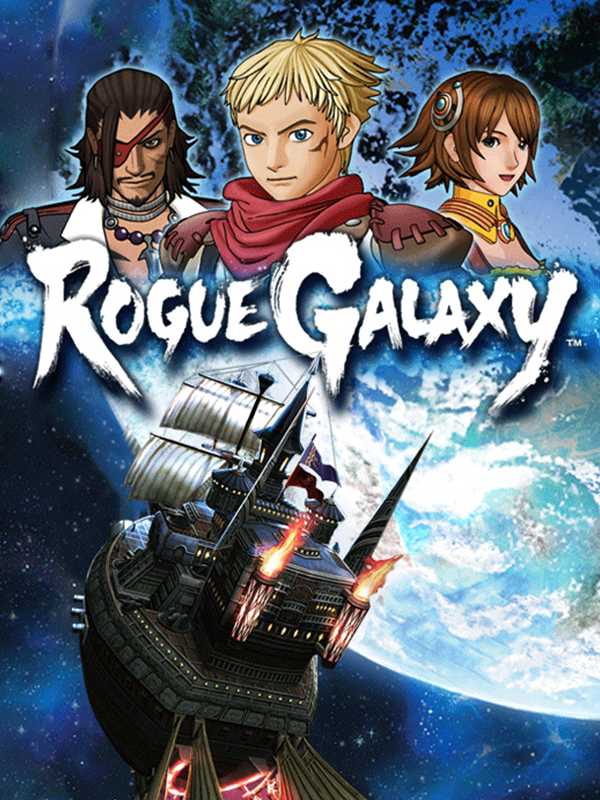
Rogue Galaxy
Rogue Galaxy is an action role playing game set in a futuristic fantasy universe, in which the player moves through a continuous environment with no load time between overworld exploration and battles. Battles occur as random encounters, Rogue Galaxy uses a real-time hack and slash combat system in which the player fights with a party of three characters. The player has direct control over only one character, although they can change which character that is at any time. The two NPCs fight independently of the player character, based on a strategy selected prior to the battle. Available strategies include fighting especially aggressively, targeting a specific enemy or not fighting at all. The strategy can also be changed at any time during the battle. Additionally, the player can issue specific orders to the NPCs during combat, such as having them use an item or activate one of their special abilities.
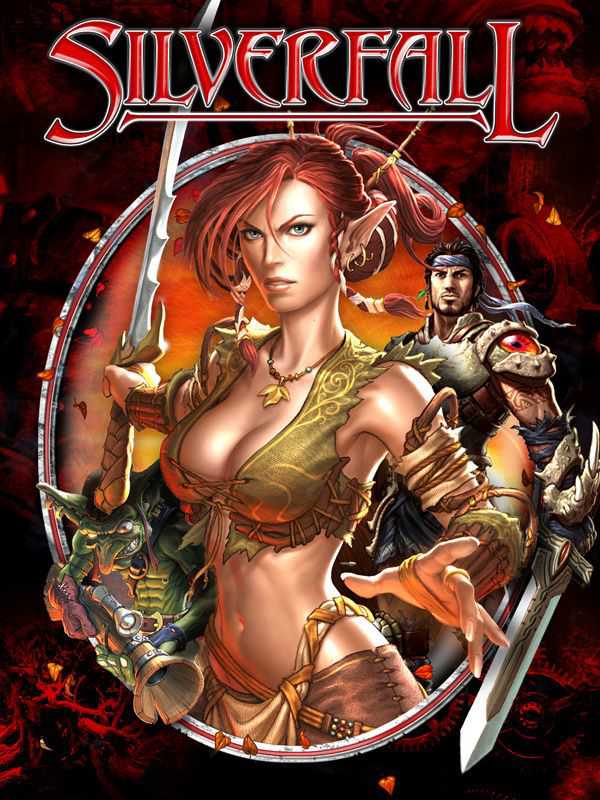
Silverfall
Silverfall, a once glorious city, lies in the fantastical Kingdom of Nelwë, where the forces of Technology and Nature are strongly opposed. Symptoms of this terrible conflict have begun to manifest physically as melded cyberbiologic organics and living steam-driven automatons.
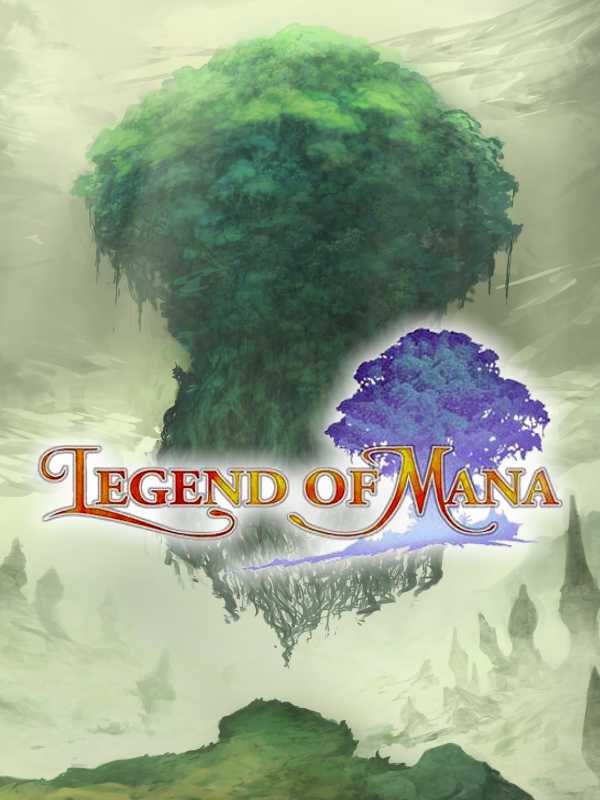
Legend of Mana
While incorporating action role-playing game elements from the three games which preceded it, Legend of Mana has its own distinct style of gameplay. Most notably, it gives the player the ability to shape the game's world of Fa'Diel according to his or her desires, a system which was incorporated through the use of "artifacts," which are gained as the player progresses through the game. The player uses the artifacts to create different towns, dungeons, etc., called "Lands", to venture to and explore. This creates a non-linear gameplay, since the game is driven by a series of what would be considered side-quests in other games. Legend of Mana features three different plots which can occur simultaneously, and which do not necessarily need to be completed for the player to finish the game. Legend of Mana was a financial success in Japan. While the game garnered considerable praise for its graphics and presentation, many critics and fans were turned off by the game's lack of a main storyline.
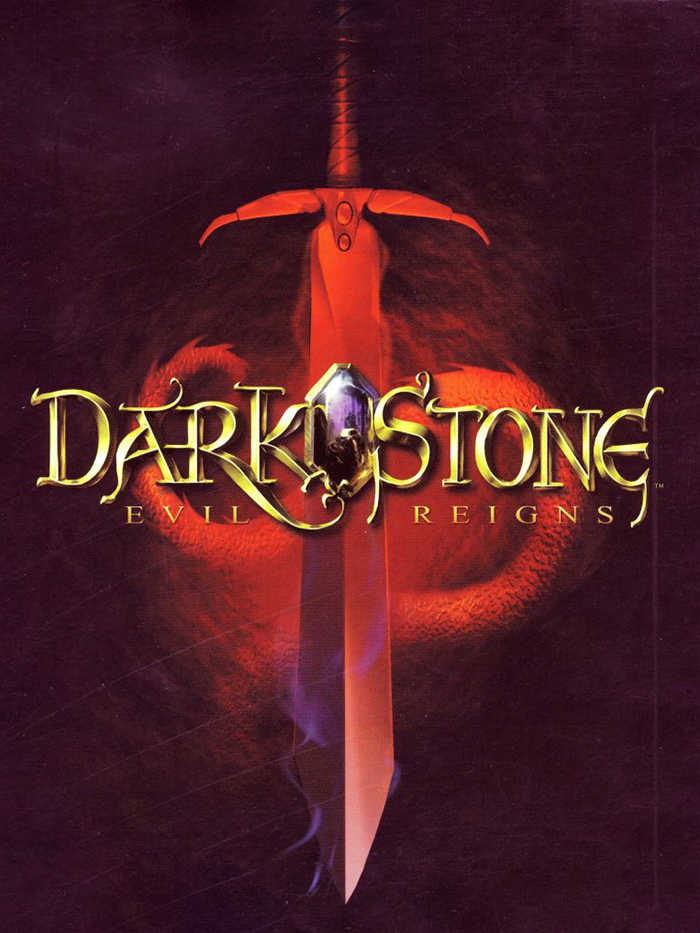
Darkstone
Lord Draak's henchmen are spreading chaos in Uma. Are you going to let them get away with it?